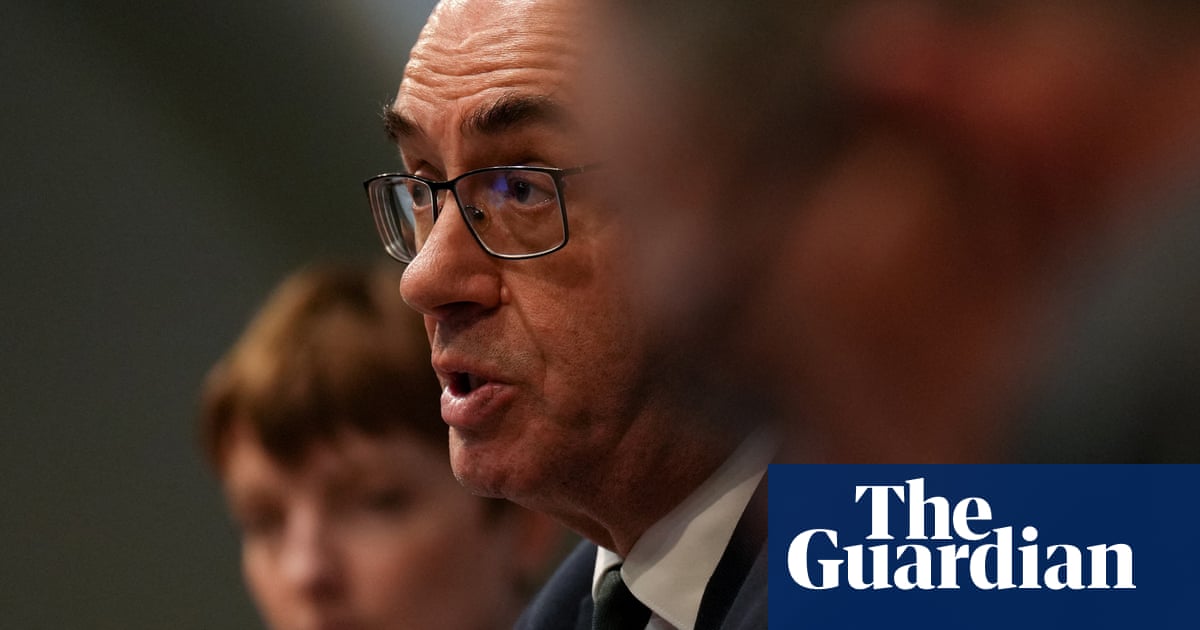The governor of theBank of Englandhas said that the UK now needs to do “everything we can” to rebuild its long-term trade relationship with the EU, after a breakthrough agreement with the US to reduce some of Donald Trump’s tariffs.
Andrew Bailey said that while he would not pass judgment on the UK’s exit from the EU in early 2020, reversing the trade impact of Brexit would be “beneficial”.
The government is in talks with the EU – after moves by the prime minister, Keir Starmer,to “reset” trade relationssince coming to power last year –before a summit in Londonin 10 days’ time where a new UK-EU partnership is due to be unveiled.
“Having a more open economy to trade with theEuropean Union… would be beneficial,” said Bailey, in an interview with the BBC as he prepared to make a speech in Iceland later on Friday. “Because there has been a fall-off in goods trade with the EU over recent years.”
The EU remains the UK’s largest trading partner, but in sectors such as food and drink, exports havetumbled by more than a third since Brexit.
“It is important we do everything we can to ensure that whatever decisions are taken on the Brexit front do not damage the long-term trade position,” said Bailey. “So I hope that we can use this to start to rebuild that relationship.”
Earlier this week, the UK agreed along-desired trade deal with India.
The agreement, which tookmore than three years of negotiationsunder successive governments, was described by Starmer as a “landmark deal” that would cut tariffs and add £4.8bn a year to the UK economy by 2040.
Bailey said that the UK’s dealmaking is setting an important example to other countries.
“It demonstrates that trade deals are important,” said Bailey. “Trade deals can be done, and the trade is important … honestly, it seems an unpromising landscape at times. But I hope that we can use these deals to rebuild the world trading system.”
On Thursday, the Bankcut interest rates by a quarter pointto 4.25% to cushion the UK economy against the impact of rising economic uncertainty.
The central bank also warned that the UK economy would slow by a further 0.3% over the next three years.
